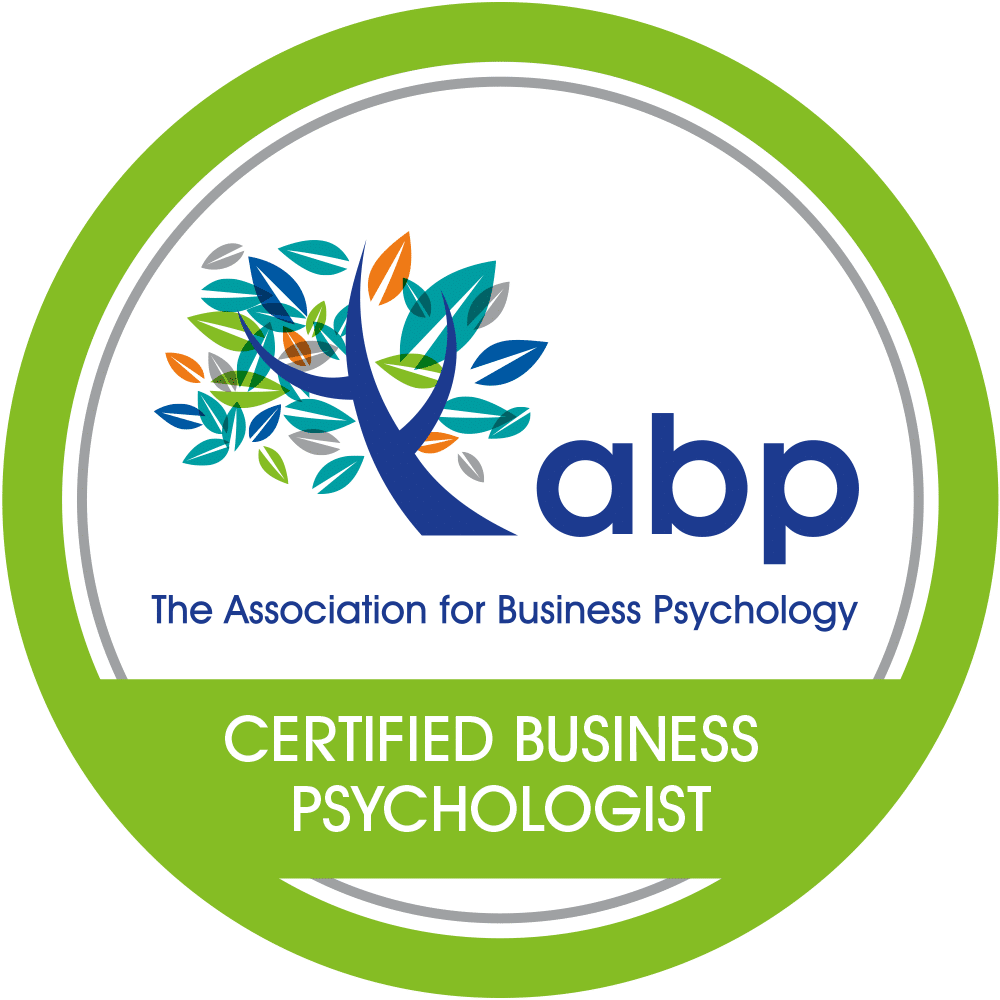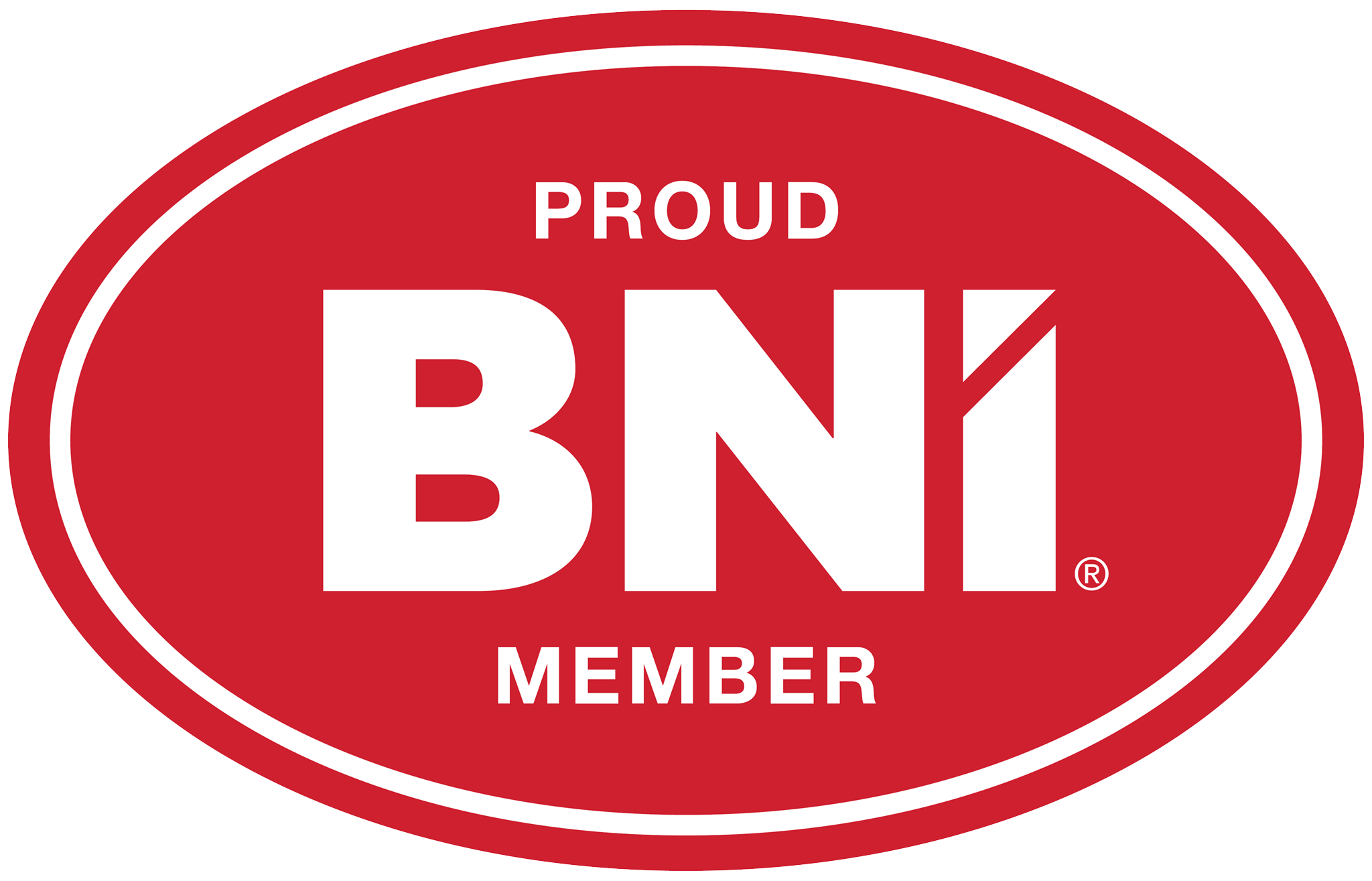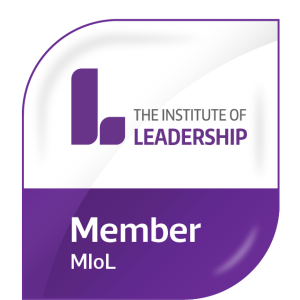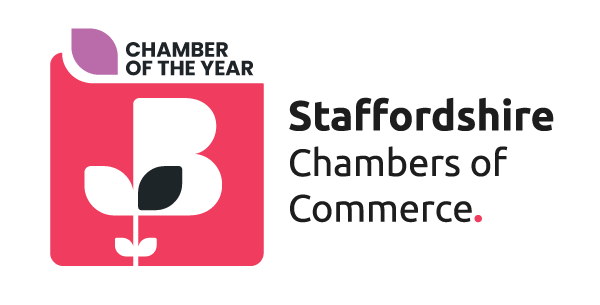When someone says employee engagement or culture, what do you imagine?
Do you picture an energetic, vibrant environment with fun and perks and prizes?
It’s not an unusual view – but it’s also not quite right…
Employee engagement isn’t about employee fun and frivolity. It might be fun – but that’s not its core motive. Its motive is to engage all your people in your overall strategy and your organisational objectives.
The behaviours needed in a funeral directors are different to those required in a fintech, and both require different engagement strategies.
Part of that engagement approach is our culture.
Culture is like the wind. It either blows with us, helping us towards those objectives or it might blow against us, making everything a little bit harder (note: more expensive).
It influences the activities, approaches, actions and behaviours occuring in our organisation.
It determines how people behave and make decisions when the CEO isn’t in the room – which is most of the time.


Never heard the word ‘Firgun’?
It doesn’t have a direct translation into English – which is unforunate, as it’s our motivation. It’s a Hebrew word that means:
“The genuine, sincere and pure happiness
for another person’s accomplishment or experience.“
It’s that “ah” feeling you get when you see someone perform a nice deed. It’s what makes us want to then go out and do something nice for others.
We believe the world would be a much better place if there was more firgun in it.
How do you invest in your biggest asset?
According to the Gallup State of the Workplace report, less than 15% of UK employees are actively engaged in their work.
Purposefully-engaged employees are more productive, loyal and have fewer accidents. They reduce costs associated with attrition, talent attraction and inefficient presenteeism:
💰 2.5x Revenue Growth
📈 18% Higher Sales
💉 50% Fewer Absence Days
🚫 43% Lower Employee Turnover
👍 24% Higher Net Promoter Score
❤️ 12% Higher Customer Loyalty
Engagement isn’t about creating great places to work; culture creates places where great work is done.
then you should see how expensive disengaging them is."


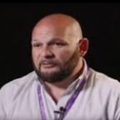
























Trusted by









